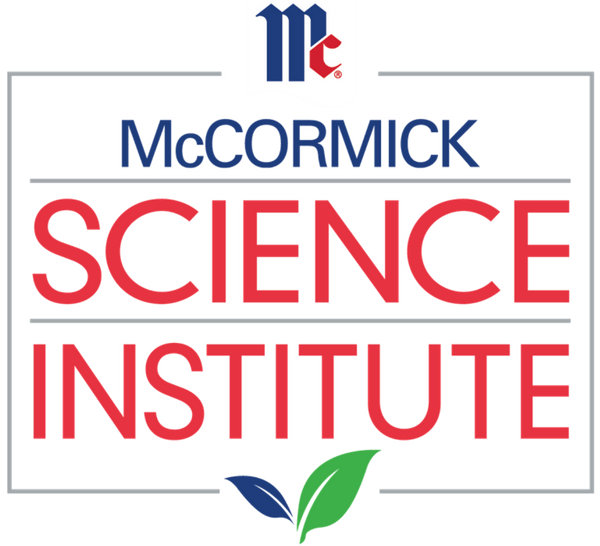May, 2025
Pandemic Recipes - Nutritional Values of Recipes in Legacy MediaPotential Benefit of Spices for Glycemic Control
Singletary, Keith, W., PHD

July 2024 -- This narrative review provides a summary of human studies evaluating the effects of select spices on glucose homeostasis and highlights areas for future research. This narrative review is intended to be a descriptive study of the scientific literature on the effects of spice interventions on hyperglycemia in humans so as to clarify the current state of knowledge and identify knowledge gaps for the reader, rather than to suggest guidelines for clinical decision-making and policy development.
Objectives
This narrative review provides a summary of human studies evaluating the effects of select spices on glucose homeostasis and highlights areas for future research. This narrative review is intended to be a descriptive study of the scientific literature on the effects of spice interventions on hyperglycemia in humans so as to clarify the current state of knowledge and identify knowledge gaps for the reader, rather than to suggest guidelines for clinical decision-making and policy development.
Methods
Spices selected for evaluation in this narrative review were those for which meta-analyses examined their effects from at least 2 to 3 randomized controlled trials. Meta-analyses and conclusions from umbrella reviews and a network meta-analysis were included in this narrative review.
Results
The search identified meta-analyses satisfying the search criteria that examined the following spices: black seed, cardamom, cinnamon, cumin, dill, fenugreek, garlic, ginger, ginseng, red pepper, saffron, sesame, sumac, and turmeric. Collectively considered, there is accumulating evidence from human trials that intake of select spices can improve glucose dysregulation for individuals with different disorders. However, in light of concerns regarding the quality and consistency of the total evidence and unclear mechanisms of action, the findings need to be interpreted with caution, especially in prematurely applying spices or spice supplements as complementary or other therapies in patient care.
Conclusions
There is evidence that intake of select spices may have beneficial effects on glucose dysregulation for individuals exhibiting select metabolic disorders, particularly type 2 diabetes. However, based on inconsistencies in the evidence, caution is warranted for the use of nonculinary amounts that can be consumed as supplements containing concentrated whole spices or isolated constituents.
Reference
Singletary, K.W. Potential Benefit of Spices for Glycemic Control. Nutrition Today. Volume 59, Number 4, July/August 2024. DOI: 10.1097/NT.0000000000000695






